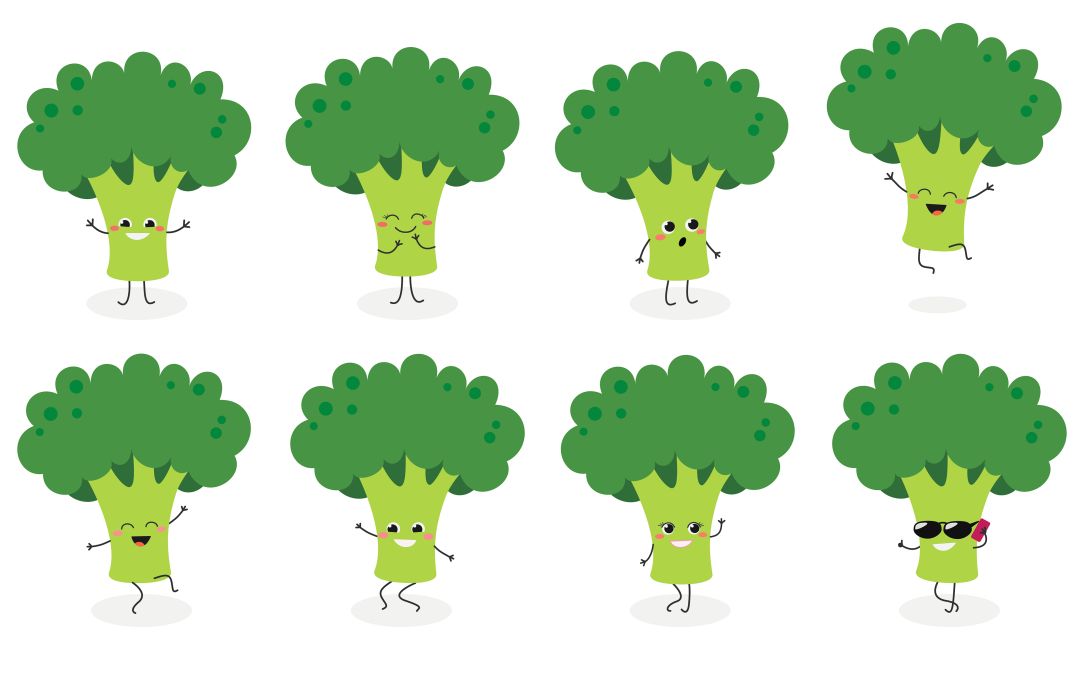The many benefits of broccoli
Broccoli may be dubbed the ultimate ‘green machine’. Indeed, this cruciferous powerhouse has a whole lot of natural ammo

Firstly, broccoli contains a compound called indole-3-carbinol (I3C), which is derived from a type of phytochemical present in all cruciferous vegetables that becomes active when we chop or chew them. This compound helps to support detoxification pathways in the liver and may have beneficial effects on hormone balancing. Chewing broccoli also releases sulforaphane, which gives it that distinct ‘sulphurous’ taste and smell, that supports healthy cell turnover, including arresting the development of what could turn into potentially unhealthy cells. If that wasn’t amazing enough, broccoli is also a massive boost for our gut since it contains plenty of fibre, which is welcome news for our gut microbes as they love the stuff. Additionally, some of the active chemical antioxidant compounds mentioned above also support a healthy microbiome.
Let’s also not forget that broccoli is an excellent source of vitamins and minerals, including vitamin K, important for bone and cardiovascular health; vitamin C to provide antioxidant ‘protective’ support for our cells and a wealth of B vitamins, which have a role in energy production as well as working as co-factors for hormonal health and neurotransmitter functioning for brain power… come to think of it, broccoli does have somewhat of a cerebellum look!
You can get broccoli in numerous varieties including purple (or yellow) sprouted, Tenderstem, in shoot-like sprout form (also the highest form of sulforaphane) or in just the regular green variety. I think purple sprouted works really well with a dressing of sesame oil and tamari; broccoli sprouts are excellent toppers for salads, whereas the regular florets pan-fried with some thin slices of garlic, lemon juice and a generous drizzle of cold-pressed olive oil are simply heavenly. Generally, I would advise eating your broccoli lightly cooked rather than eating lots of it raw, since cooking negates the possible effects it can have on thyroid functioning, particularly if you have any underactive thyroid issues. Personally, I think it tastes better that way, too.
Read more from Eve and our #360me team on our dedicated Life Labs blogging channel, here
Image: Getty









